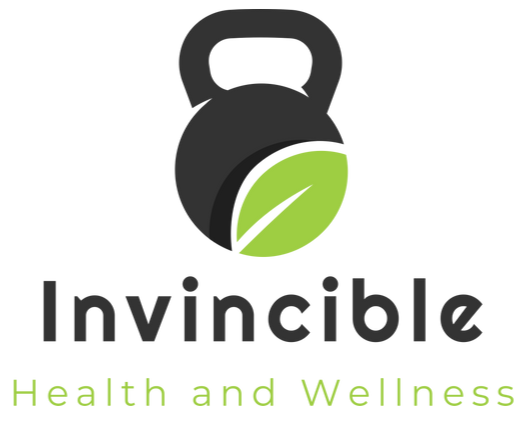Intermittent Fasting: A Tool for Weight Loss, But Not a Magic Bullet
Intermittent fasting (IF) has surged in popularity as a weight-loss strategy, but what makes it effective? As a personal trainer and nurse with years of experience, I’ve seen firsthand how IF can benefit clients. However, like any approach, it’s not for everyone, and understanding its principles is essential for success. Let’s dive into the details of intermittent fasting, including its pros and cons, typical patterns, and why calorie deficits are still the foundation of weight loss.
What Is Intermittent Fasting?
Intermittent fasting isn’t a diet; it’s an eating schedule. Instead of focusing on what you eat, it emphasizes when you eat. Common fasting patterns include:
- 16/8 Method: Fasting for 16 hours and eating during an 8-hour window.
- 5:2 Diet: Eating normally for five days and restricting calories to 500–600 on two non-consecutive days.
- Eat-Stop-Eat: A 24-hour fast once or twice a week.
- Alternate-Day Fasting: Alternating between normal eating days and calorie-restricted days.
- OMAD (One Meal a Day): Consuming all daily calories in one meal.
Why Intermittent Fasting Can Aid Weight Loss
The primary way IF aids weight loss is by naturally limiting your calorie intake. When you have fewer hours to eat, it’s easier to consume less, provided you don’t overeat during your eating windows.
However, it’s crucial to remember that weight loss only occurs in a calorie deficit—when you consume fewer calories than your body burns. IF can make achieving a calorie deficit easier by reducing mindless snacking and emotional eating.
Pros of Intermittent Fasting
- Simplified Eating: With fewer meals to plan, IF can simplify your daily routine.
- Potential Appetite Control: Some people find fasting helps regulate hunger hormones, reducing cravings.
- Improved Insulin Sensitivity: Fasting may improve how your body processes sugar, which is particularly beneficial for those at risk of type 2 diabetes.
- Flexibility: IF focuses on timing rather than strict food rules, making it adaptable to various lifestyles.
- Potential Health Benefits: Some research suggests IF may promote cellular repair and longevity.
Cons of Intermittent Fasting
- Not a Guaranteed Solution: Eating large quantities of calorie-dense foods during eating windows can negate the benefits.
- Hunger and Energy Dips: Prolonged fasting can lead to fatigue, irritability, and difficulty concentrating, especially for beginners.
- Social Challenges: Fixed eating windows can clash with social events and family meals.
- Risk of Overeating: Some individuals may overcompensate during eating periods, leading to calorie surpluses.
- Potential for Nutritional Deficiencies: Restricting meals can lead to imbalanced diets if not planned carefully.
Is It for Everyone?
Intermittent fasting isn’t one-size-fits-all. It’s not recommended for:
- Pregnant or Breastfeeding Women: Nutritional needs are heightened during these periods.
- Individuals with Eating Disorders: Fasting may exacerbate disordered eating patterns.
- Those with Certain Medical Conditions: People with diabetes, low blood pressure, or other health concerns should consult a healthcare professional before trying IF.
- Highly Active Individuals: Athletes or those with demanding training schedules may struggle with energy levels during fasting periods.
For others, IF can be an effective and sustainable approach, provided it aligns with their lifestyle and health goals.
Tips for Success with Intermittent Fasting
- Ease into It: Start with a shorter fasting window and gradually extend it.
- Stay Hydrated: Water, herbal teas, and black coffee can help curb hunger.
- Prioritise Nutrient-Dense Foods: Focus on whole, unprocessed foods to maximize satiety and nutrition.
- Listen to Your Body: If fasting feels unsustainable or impacts your well-being, it may not be the right fit.
- Combine IF with Other Strategies: Pair IF with regular exercise and a balanced diet for the best results.
Conclusion
Intermittent fasting can be a powerful tool for weight loss, but it’s not a magic solution. Like any strategy, its effectiveness depends on maintaining a calorie deficit and ensuring your approach suits your lifestyle and health. Before starting IF, take time to assess your goals, needs, and whether it’s the right fit for you. Remember, there are many ways to achieve a healthy weight—what matters most is finding an approach that’s sustainable and supportive of your overall well-being.


